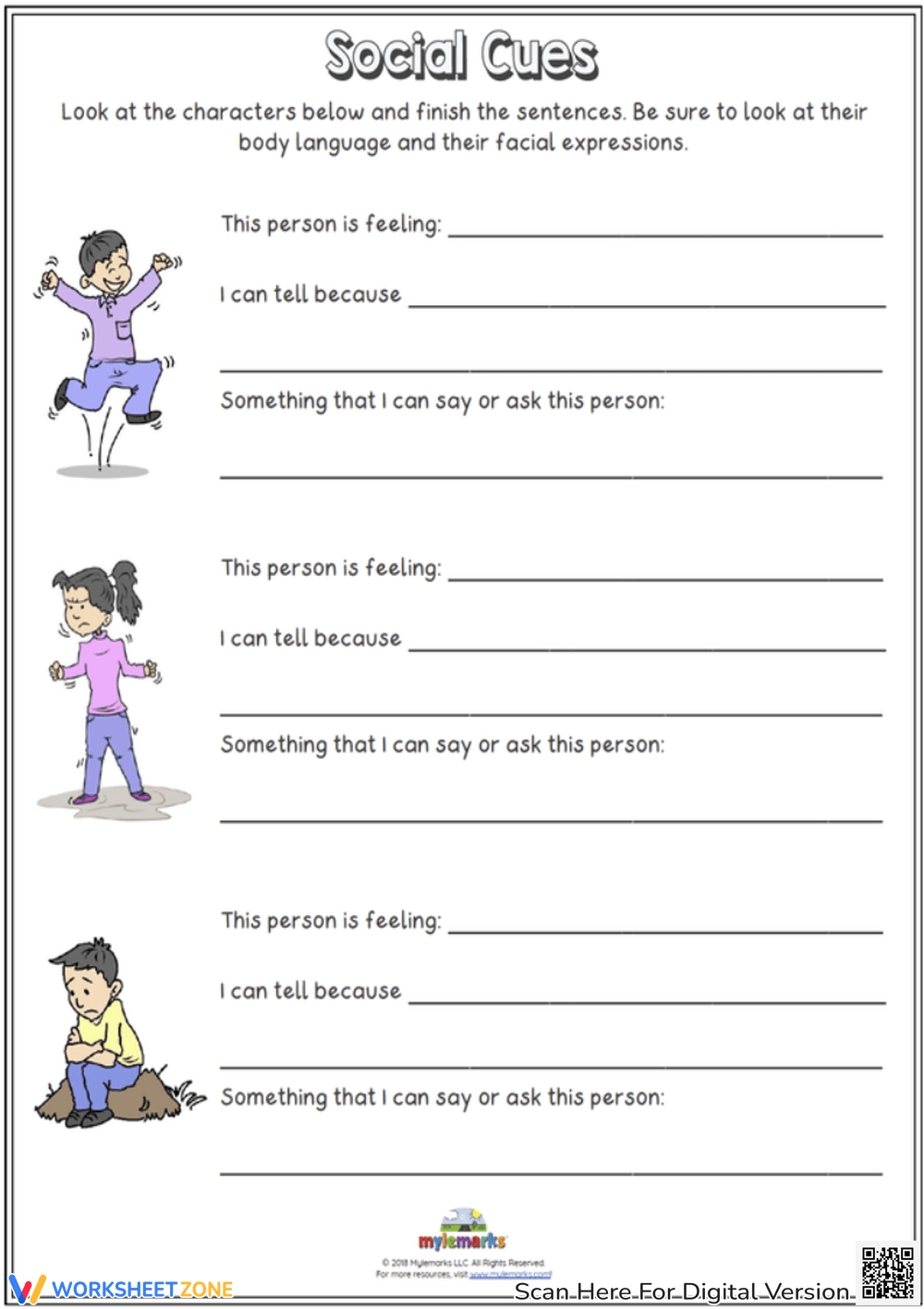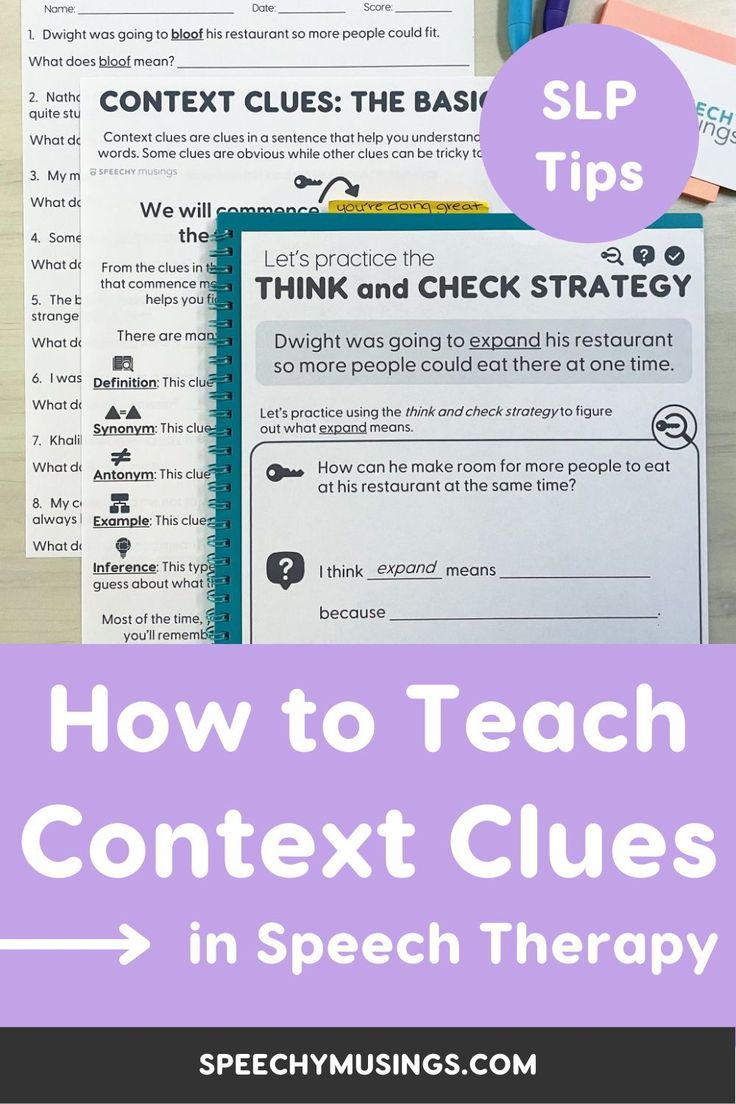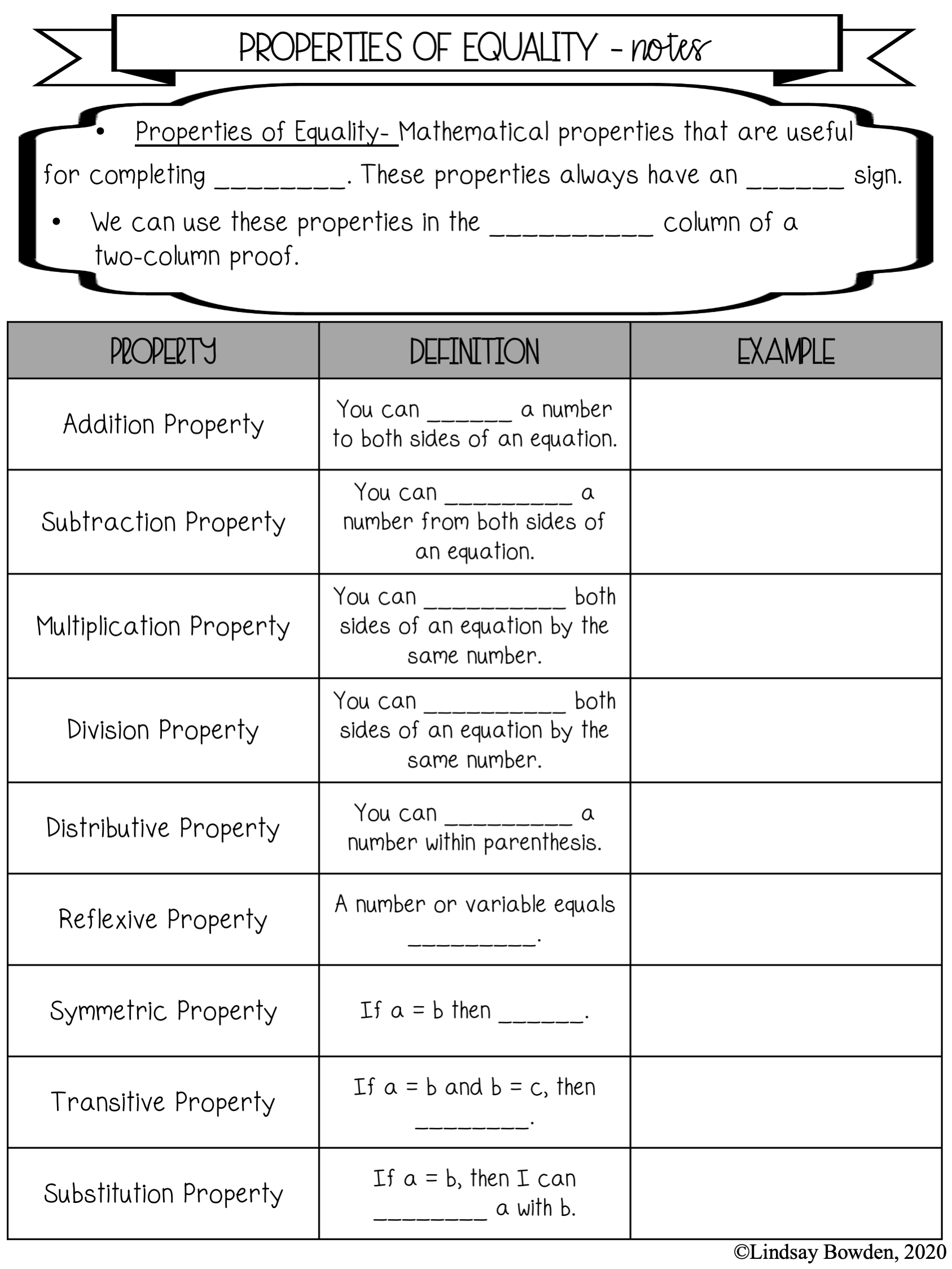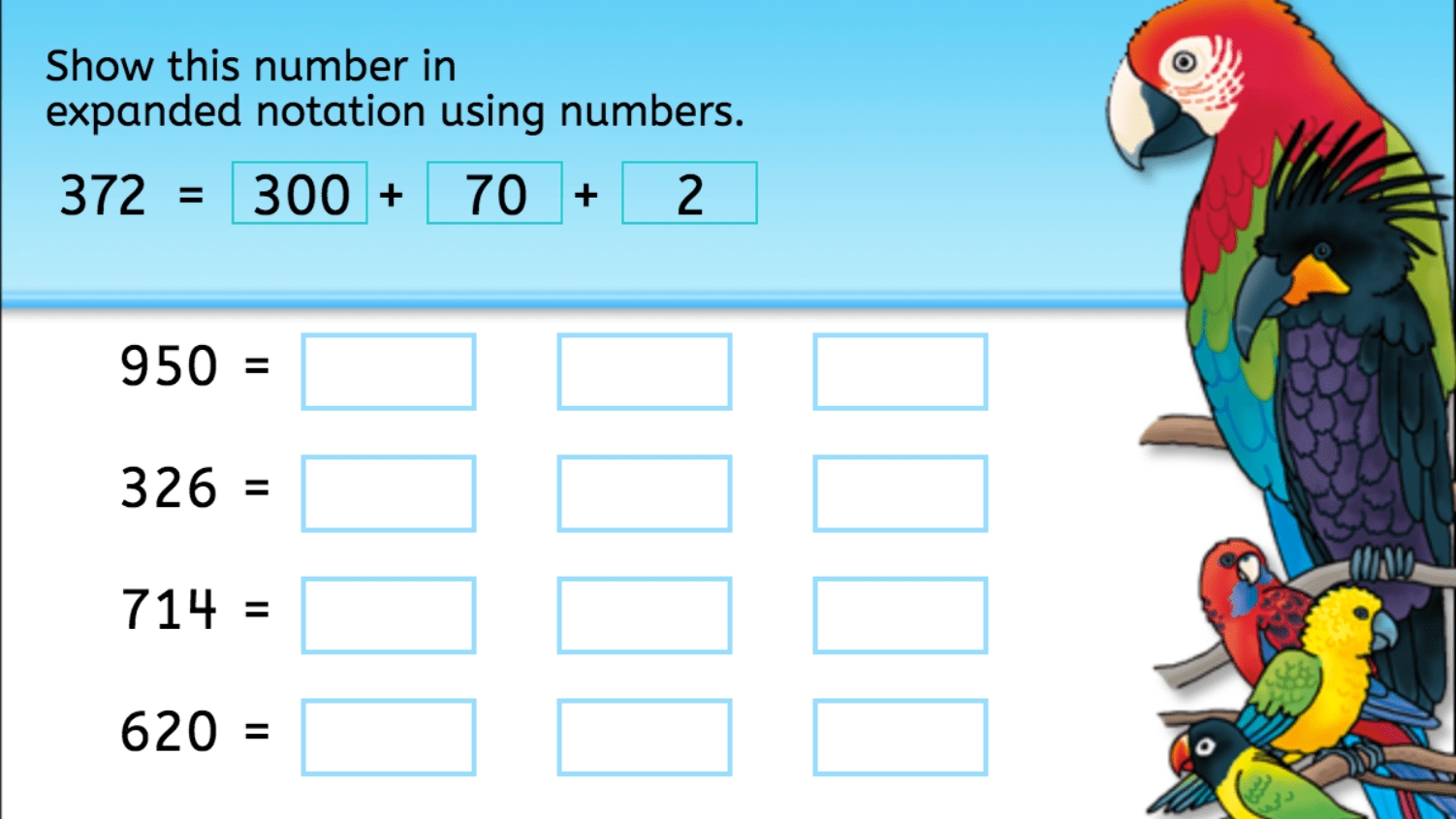7 Autism Worksheets to Improve Communication Skills

Unlocking Effective Communication: 7 Autism Worksheets to Enhance Social Interaction
Autism Spectrum Disorder (ASD) is a complex condition that affects individuals in various ways, including their communication skills. Children and adults with autism often struggle to express themselves, understand social cues, and engage in meaningful conversations. Fortunately, autism worksheets can be a valuable tool in improving communication skills and promoting social interaction.
In this article, we will explore seven autism worksheets designed to help individuals with autism develop essential communication skills. These worksheets are not only informative but also engaging and fun, making them perfect for individuals of all ages and skill levels.
1. Emotion Charades Worksheet
The Emotion Charades worksheet is an excellent tool for teaching individuals with autism to recognize and express emotions. This worksheet features a series of emotions, such as happiness, sadness, and anger, along with corresponding facial expressions and body language.
- Objective: To recognize and express emotions through facial expressions and body language.
- Instructions:
- Show the individual the emotion cards and ask them to identify the emotion.
- Ask the individual to act out the emotion without speaking.
- Encourage the individual to use facial expressions and body language to convey the emotion.
- Tips:
- Use pictures or videos to demonstrate each emotion.
- Encourage the individual to practice acting out different emotions.

| Emotion | Facial Expression | Body Language |
|---|---|---|
| Happiness | Smiling | Jumping up and down |
| Sadness | Frowning | Slouching |
| Anger | Scowling | Clenching fists |
2. Conversation Starters Worksheet
The Conversation Starters worksheet is designed to help individuals with autism initiate and maintain conversations. This worksheet features a series of conversation starters, such as “What’s your favorite hobby?” or “What did you do over the weekend?”
- Objective: To initiate and maintain conversations using conversation starters.
- Instructions:
- Provide the individual with the conversation starters worksheet.
- Ask the individual to choose a conversation starter and practice initiating a conversation.
- Encourage the individual to listen to the response and respond accordingly.
- Tips:
- Role-play different conversation scenarios.
- Encourage the individual to use conversation starters in real-life situations.
📝 Note: Conversation starters can be tailored to the individual's interests and preferences.
3. Social Stories Worksheet
The Social Stories worksheet is a valuable tool for teaching individuals with autism social skills and behaviors. This worksheet features a series of social stories, such as sharing toys or taking turns.
- Objective: To understand and practice social skills and behaviors.
- Instructions:
- Provide the individual with the social stories worksheet.
- Read the social story together and discuss the social skill or behavior.
- Ask the individual to practice the social skill or behavior.
- Tips:
- Use pictures or videos to illustrate the social story.
- Encourage the individual to create their own social stories.
4. Feelings and Needs Worksheet
The Feelings and Needs worksheet is designed to help individuals with autism identify and express their feelings and needs. This worksheet features a series of feelings and needs, such as “I feel happy when I play with my favorite toy.”
- Objective: To identify and express feelings and needs.
- Instructions:
- Provide the individual with the feelings and needs worksheet.
- Ask the individual to identify their feelings and needs.
- Encourage the individual to express their feelings and needs.
- Tips:
- Use emotional intelligence to help the individual understand their feelings.
- Encourage the individual to use “I” statements to express their feelings and needs.
💬 Note: Feelings and needs can be complex and may require additional support and guidance.
5. Friendship Skills Worksheet
The Friendship Skills worksheet is designed to help individuals with autism develop and maintain friendships. This worksheet features a series of friendship skills, such as sharing and cooperation.
- Objective: To develop and maintain friendships using friendship skills.
- Instructions:
- Provide the individual with the friendship skills worksheet.
- Ask the individual to practice the friendship skills.
- Encourage the individual to use the friendship skills in real-life situations.
- Tips:
- Role-play different friendship scenarios.
- Encourage the individual to join a social group or club to practice friendship skills.
6. Empathy and Perspective-Taking Worksheet
The Empathy and Perspective-Taking worksheet is designed to help individuals with autism develop empathy and understand different perspectives. This worksheet features a series of scenarios, such as “How would you feel if you lost your favorite toy?”
- Objective: To develop empathy and understand different perspectives.
- Instructions:
- Provide the individual with the empathy and perspective-taking worksheet.
- Ask the individual to imagine how someone else might feel in a given scenario.
- Encourage the individual to respond with empathy and understanding.
- Tips:
- Use role-playing to practice empathy and perspective-taking.
- Encourage the individual to ask questions to clarify someone else’s perspective.
7. Self-Advocacy Worksheet
The Self-Advocacy worksheet is designed to help individuals with autism develop self-advocacy skills and express their needs and wants. This worksheet features a series of self-advocacy skills, such as using “I” statements and asking for help.
- Objective: To develop self-advocacy skills and express needs and wants.
- Instructions:
- Provide the individual with the self-advocacy worksheet.
- Ask the individual to practice using self-advocacy skills.
- Encourage the individual to express their needs and wants.
- Tips:
- Role-play different self-advocacy scenarios.
- Encourage the individual to use self-advocacy skills in real-life situations.
What are autism worksheets?
+Autism worksheets are educational tools designed to help individuals with autism develop specific skills, such as communication, social skills, and self-advocacy.
How can I use autism worksheets effectively?
+Autism worksheets can be used effectively by providing clear instructions, using visual aids, and encouraging the individual to practice the skills in real-life situations.
What are some common challenges individuals with autism face when communicating?
+Individuals with autism may face challenges such as difficulty initiating or maintaining conversations, understanding social cues, and expressing emotions.
In conclusion, autism worksheets are a valuable resource for individuals with autism, providing a structured and supportive environment to develop essential communication skills. By using these worksheets, individuals with autism can improve their ability to initiate and maintain conversations, understand social cues, and express emotions.
Related Terms:
- Free printable autism worksheets pdf
- Autism worksheets for adults PDF
- Worksheets for autistic adults
- Kindergarten free printable autism worksheets
- high-functioning autism worksheets



